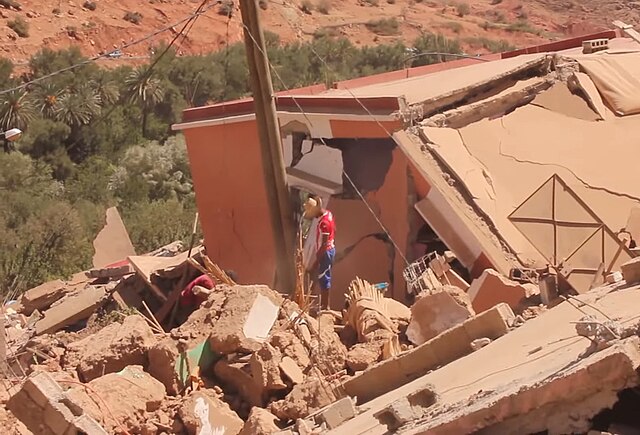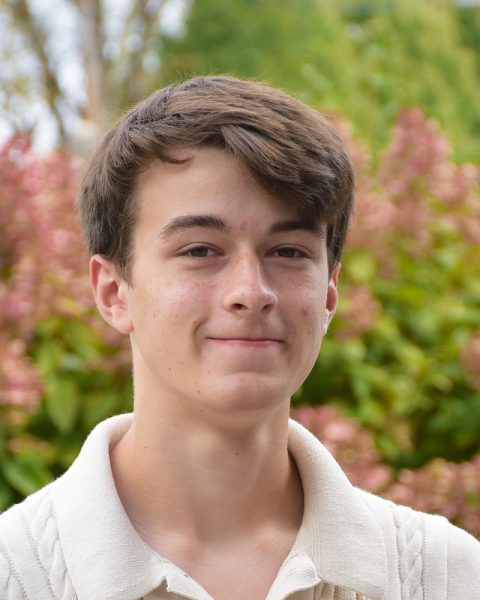Morocco: A land of stunning mountains and 12th-century architecture. The history of this country dates back more than 300,000 years, where human remains and stone tools were discovered in the western part of the country.
On September 8, some of that history was wiped off the map when a 6.8 magnitude earthquake struck central Morocco. Centered around the rural town of Oukaïmedene, the quake already claimed the lives of 2,200 people, and destroyed numerous ancient buildings from the Almohad Calipahte that are around 900 years old.
“Earthquakes happen when tectonic plates shift,” Middle School Archaeology teacher Matthew Gallon said. The crust of our earth is made up of plates rock and they are constantly moving, they are not attached.” “You can kind of think of our earth as a hard boiled egg, our crust is basically the shell, it’s really thin relative to the rest of the earth, but it’s been floating on top of the mantle so they’re moving around.”
This earthquake could have detrimental effects on the ecosystem of the area.
“It has an incredible potential to do that, because not only does it destroy villages, but it also destroys the ecosystem around it with rockslides and some of that could be animal homes,” Science Department Chair Cecilia Pan said. “It could be even things like animals often make trails that they follow through places, it can destroy animal housing, there are all sorts of ways it could really impact the ecosystem.”
CBS reported that the tremors of this earthquake could be felt in Portugal, Spain, and Algeria. In addition to the incalculable damage this earthquake caused to buildings in the area, it killed over 2,900 people and left another 2,500 people injured.
Spain, the United Arab Emirates, the United Kingdom, and Qatar have pledged their support to the disaster zones of Morocco.
However, according to ABC News, Morocco declined donations from both the United States and France, each are countries whose relationships with Morocco are sour.
Political tension between governments has long been a roadblock in the way of aid. The most famous example of this is the Kursk, a Russian submarine that sunk in the Barents Sea during a naval exercise in 2000. Russian President Vladimir Putin initially refused the aid of the experienced Norwegian diving team, receiving widespread criticism from many governments worldwide.
Eventually, Putin did accept help from the Norwegians and the British, who were able to gain access to the submarine, finding all 118 crew-members dead. Furthermore, it was discovered that 24 crew members had survived the initial sinking, but later died from suffocation.
If Morocco continues to deny aid from rival countries, the consequences will be devastating. This collateral damage could be completely avoidable if Morocco would be willing to put its differences aside with other countries and instead prioritize its own citizens.
In a disaster scenario such as this, political leaders must act in the interest of the thousands of people who depend on them and put their personal agendas aside.























































